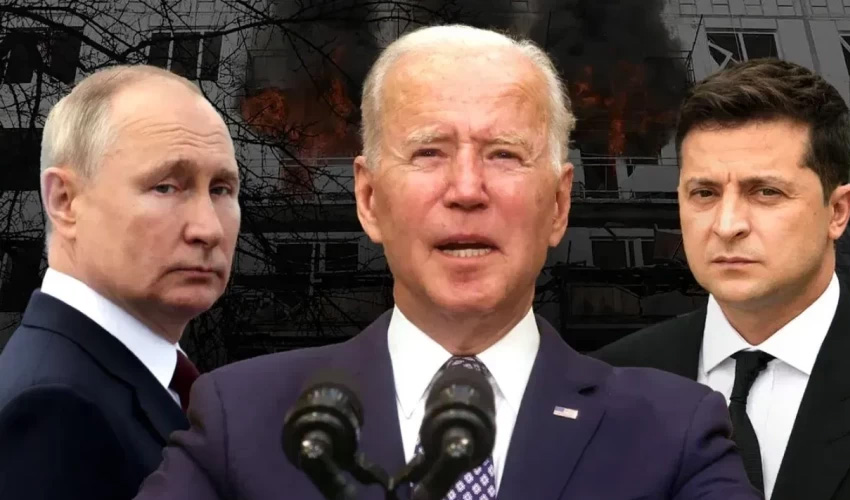President Joe Biden’s administration has permitted Ukraine to utilize U.S.-provided weapons for long-range strikes within Russian territory.
The decision, revealed by two senior U.S. officials and a source familiar with the matter, comes amid escalating tensions in the Ukraine-Russia conflict.
The move follows months of appeals by Ukrainian President Volodymyr Zelensky, who has persistently called for the loosening of restrictions on American arms to counter Russia’s military advances. Kyiv is expected to conduct its first such strikes in the coming days, sources indicated, though details remain under wraps due to operational security concerns.
The decision marks a stark reversal of Washington’s earlier stance, which had sought to avoid direct escalation of the war. The Biden administration’s shift is reportedly in response to Russia’s deployment of North Korean troops to bolster its forces, a development that has heightened concerns in both Washington and Kyiv.
Kremlin reaction looms
The Kremlin has yet to issue an official response, but Russian lawmakers and officials have warned of dire consequences. Andrei Klishas, a senior member of Russia's Federation Council, described the policy change as "a step towards the destruction of Ukrainian statehood," while Vladimir Dzhabarov, a key Russian senator, cautioned that the decision could lead to a global conflict.
Zelensky, addressing the nation on Sunday, refrained from confirming the news outright but hinted at imminent action. "Missiles will speak for themselves," he remarked, emphasizing that such measures are not announced in advance.
Military implications
Ukraine is expected to deploy ATACMS (Army Tactical Missile Systems) for its long-range strikes. These missiles, with a range of approximately 306 kilometers, could enable Kyiv to target Russian military installations deep within its territory.
While some U.S. officials remain skeptical about whether this change will decisively alter the course of the conflict, others see it as a potential game-changer that could strengthen Ukraine’s position in any future negotiations.
Timing and political context
The policy shift comes just two months before President-elect Donald Trump’s inauguration on January 20. Trump, who has consistently criticized U.S. financial and military aid to Ukraine, has pledged to end the conflict quickly, though he has not outlined a specific plan.
Richard Grenell, a close foreign policy adviser to Trump, criticized Biden's decision, describing it as an unnecessary escalation. "Escalating wars before leaving office," Grenell posted on X (formerly Twitter).
Biden administration officials, however, maintain that the remaining weeks of his presidency will be focused on equipping Ukraine to negotiate peace from a "position of strength."
Concerns among allies
NATO countries have thus far refrained from permitting their supplied weapons to be used for strikes inside Russia, citing fears of provoking a broader conflict or a potential nuclear response. However, Poland’s Foreign Minister Radoslaw Sikorski defended Biden’s move, calling it a necessary response to Russia’s reliance on North Korean troops and increased missile attacks.
Ukraine faces mounting pressure as Russian forces reportedly gain ground at their fastest pace since the war began in 2022. Meanwhile, the presence of over 10,000 North Korean soldiers in Russia's eastern regions has further stretched Ukrainian resources.
Republican Representative Mike Turner, Chair of the House Intelligence Committee, welcomed the Biden administration’s decision but urged additional steps to aid Ukraine. "This first step will pressure Putin as President-elect Trump prepares to end this war," Turner stated. With Ukraine’s first long-range strikes imminent, the international community remains on edge. Whether this shift in U.S. policy will escalate the conflict or pave the way for peace remains to be seen.



























